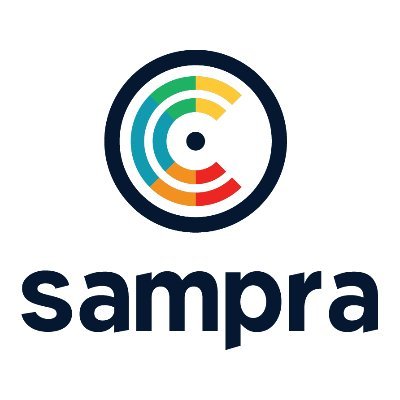The South African Music Performance Rights Association (SAMPRA) has taken a bold step by lodging criminal charges against the restaurant group, Life and Brand Portfolio, for failing to pay the requisite license fees for the music they play in their establishments.
These restaurants, including popular venues like La Parada and Tiger’s Milk, have allegedly been using music without compensating the artists and record companies who own the rights to the music.
SAMPRA, acting as a Collective Management Organization (CMO), represents over 40,000 recording artists and 6,000 record companies, administering Needletime Rights on their behalf.
Needletime Rights royalties are collected from music users and distributed to artists and record companies. However, despite SAMPRA’s efforts to negotiate with Life and Brand Portfolio over the past four years, the restaurant group has allegedly refused to comply with the law, depriving artists of their rightful income.
Pfanani Lishivha, CEO of SAMPRA, emphasized the importance of royalties to artists’ livelihoods, likening the unauthorized use of music to theft. He expressed firm determination to pursue legal action against businesses that exploit artists’ work without proper compensation.
Lishivha highlighted the unethical nature of such practices, stating that directors of these businesses deserve to be held accountable for their actions.
SAMPRA has also engaged in discussions with other non-compliant music users, urging them to obtain the necessary licenses to use music legally. The organization maintains a list of compliant business users on its website, encouraging transparency and accountability within the industry.
While litigation is considered a last resort, SAMPRA is committed to protecting the rights of musicians and ensuring they receive fair compensation for their work.
Through initiatives like the SAMPRA Development Fund, the organization supports recording artists and record companies with funding for various endeavors, including live events, music production, education, and cultural promotion.
In essence, SAMPRA’s legal action sends a clear message: businesses must respect intellectual property rights and fulfill their obligations to artists and record companies. By holding infringing parties accountable, SAMPRA strives to create a fair and sustainable environment for the music industry in South Africa.





